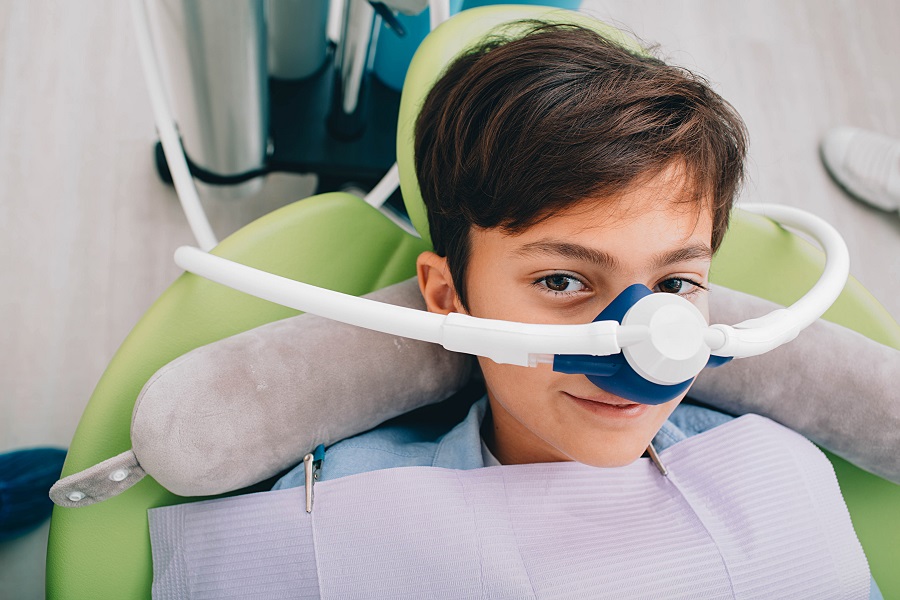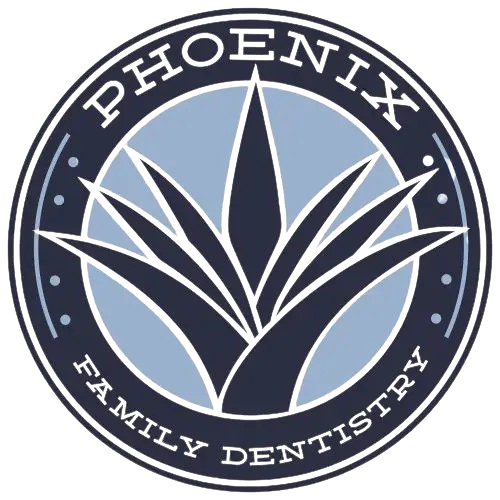Everything You Need to Know about Dental Local Anesthesia
Posted by Phoenix Family Dentistry
Dental Procedure
on Jun 9 2016, 10:12 AM
Your dentist might need to apply dental local anesthesia to numb an area of your mouth while performing certain procedures. We do this by injecting medicine – known as a local anesthetic – into your inner cheek or gum.
Nowadays, the most common anesthetic dentists use is Lidocaine. Novocain used to be the more common option a few decades ago, professionals now use other anesthetics that work better and longer. The one thing all these anesthetics have in common is their names ending with "cain."
Modern anesthetics are also less likely to cause allergic reactions compared to Novocain. The numbing agents in these anesthetics are only a fraction of what is injected into your mouth at the office of dentist in Phoenix, AZ. Other medicines in the solution include:
Look here:
- A vasoconstrictor that makes the numbness last for a longer period by constricting your blood vessels
- Something to prevent the breakdown of the vasoconstrictor
- Sodium chloride to help with absorption of the drugs into your bloodstream
- Sodium hydroxide to aid with the numbing effect
The two types of numbing injections that are commonly used by dentists are:
1. Block injections – These cover an entire region in your mouth like one side of your top jaw for example.
2. Infiltration injections – These numb a much smaller area, only the area surrounding where the injection was applied.
When you undergo a procedure that requires dental local anesthesia, your dentist will prepare your mouth by drying a part of it with cotton or air. Your dentist might also decide to numb the area he/she plans to inject with a gel to numb the skin. This can be helpful if you are afraid of injections.
Your dentist in 85053 will then inject the anesthetic into the area he/she wants numb. You will rarely ever feel the needle. The only sensation most people feel is the sting of the medicine moving into your tissues.
These anesthetics can last as long as several hours. That means you might find it difficult to speak clearly or eat for up to seven hours after receiving anesthesia. Also, avoid eating with the side of your mouth closest to the area that was numbed until you regain feeling there since it's possible to hurt yourself and not realize it. Call us to learn more.
Dental local anesthesia is commonly used for various dental procedures, including fillings, root canals, tooth extractions, and gum surgeries. It allows patients to undergo treatment comfortably and without pain, enabling the dentist to perform necessary procedures efficiently and effectively.
While local anesthesia is generally safe and well-tolerated, some patients may experience temporary side effects, such as numbness, tingling, or swelling at the injection site. These side effects typically resolve on their own within a few hours after the anesthesia wears off.
Overall, dental local anesthesia plays a crucial role in modern dentistry by ensuring patient comfort and facilitating successful dental treatments. Dentists carefully select and administer the appropriate type and dosage of anesthesia based on the patient's individual needs and the nature of the dental procedure being performed.
Common side effects of dental local anesthesia
Anesthetics are the most used drugs in dental offices and it's very rare for patients to have negative reactions to them. The rare side effects associated with anesthetics include:
A hematoma developing if the injection hits a blood vessel.
Increased heart rate due to the vasoconstrictor
Numbness outside the area that was targeted. This can affect the way your face looks for a few hours. It can prevent you from blinking properly and other facial movements.
Nerve injury due to the injection striking a nerve. This can lead to pain and numbness that lasts several months until the nerve heals.
To find out more about dental local anesthesia…
For more dental local anesthesia information or to schedule an appointment with Phoenix Family Dentistry, request an appointment in our Phoenix dental office here: https://familydentistphoenix.com. Or call us at (602) 547-9007.
Share On

How Long Is Recovery From a Root Canal?
Your dentist might need to apply dental local anesthesia to numb an area of your mouth while performing …

Can an Invisalign Dentist Correct Crooked Teeth?
Your dentist might need to apply dental local anesthesia to numb an area of your mouth while performing …

Caring for Veneers After a Cosmetic Dentist Treatment
Your dentist might need to apply dental local anesthesia to numb an area of your mouth while performing …





